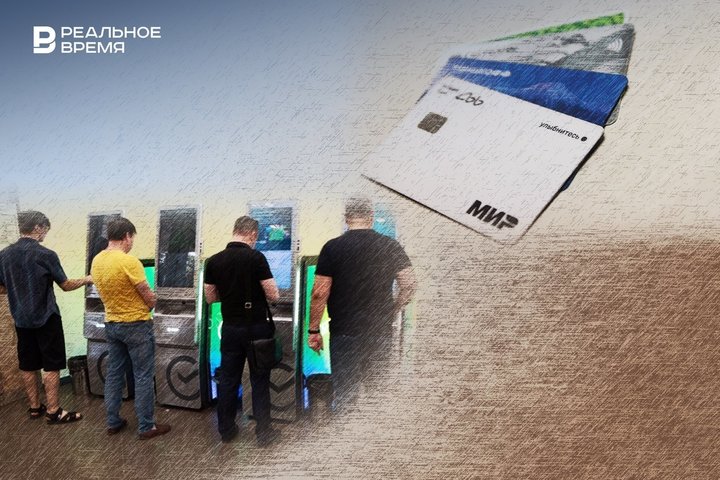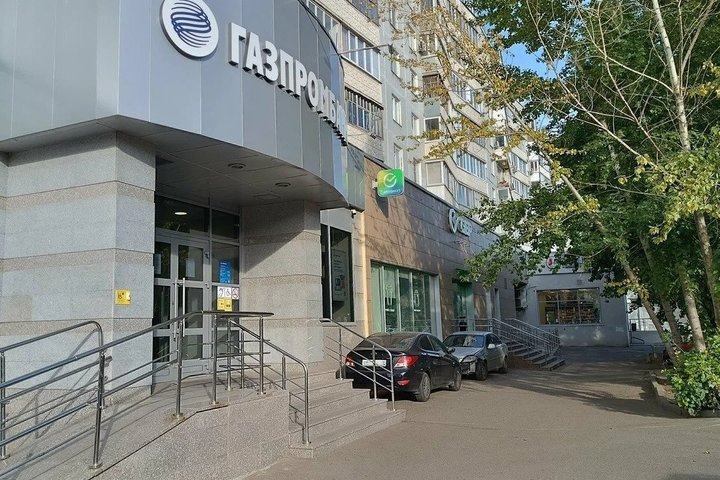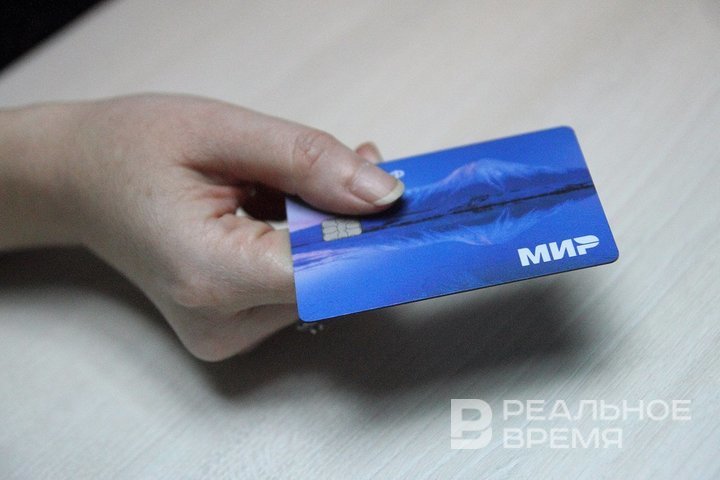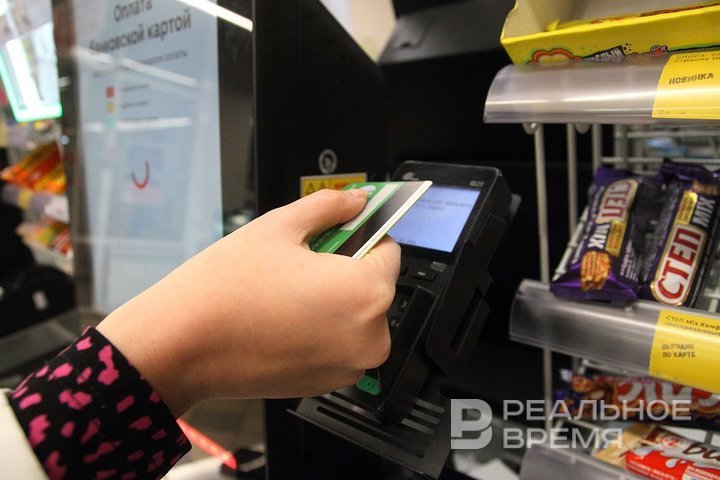‘In accordance with the law’— banks begin to block Russians' cards more often
Experts attribute this to legislative changes and measures to combat droppering

In Russia, there has been a surge in complaints about bank cards being blocked when transferring funds, even to themselves. Financial institutions explain this by changes in legislation. Since 15 May, banks have been required to counteract transfers without the voluntary consent of clients as part of the fight against fraud, so they can block any transactions and access to online banking in the event of a transfer of more than 100,000 rubles per month (!). Read more about who is at risk and how ordinary clients can avoid restrictions in the report of Realnoe Vremya.
Russians are having their cards blocked
The country's banks have begun to block clients' card transactions, even in the case of transferring money to themselves. This is reported by clients of various financial institutions:
“All card transfers were suddenly blocked, allegedly for suspicious transactions. Moreover, the operations of transferring my own funds via the SBP using my phone number to my accounts in other banks turned out to be suspicious. That is, not even transfers to other people, etc.,” said a client of Gazprombank on 14 May.
Gazprombank responded that the bank can set restrictions on the operations carried out until the detailed circumstances are clarified: “These restrictions allow you to protect your funds, as well as prevent fraudulent transactions.”

Similar problems have previously arisen with other financial institutions. A client of T-Bank took out a loan and began transferring funds to her account in another bank in order to withdraw cash from an ATM. But the lender suspended and then blocked all operations on the card, explaining that it has the right to do this if it notices suspicious activity. A client of Sovcombank received a similar response when her card and personal account in the online bank were blocked when she tried to transfer 137,000 rubles via a fast transfer system to a brokerage account in another financial institution. In response to a complaint about the blocked money, OTP bank client was told: “The card was blocked due to the dubious nature of the transactions. We act in accordance with Federal Law 115 and the recommendations of the Central Bank.”
There are still many similar messages from clients of various banks, as follows from the reviews of Banki.ru users. Moreover, citizens are restricted from accessing money after any transactions, whether they are deposits into an account, transfers to third parties, or transfers to themselves. In response to complaints, financial institutions state that the restrictions will be in effect while the bank is conducting an investigation.
Restrictions for people “on the Central Bank’s blacklists”
Experts associate cases of blocked transfers, even via fast transfer system, with changes in legislation that came into force in July 2024. Banks have begun to suspend transactions if they show signs of fraud. Therefore, they carefully check any questionable transactions, and not only to third parties. In accordance with the recommendations of the Central Bank, financial institutions, as a rule, pay attention to amounts over 100,000 rubles per day or more than a million rubles per month.

At the same time, transactions are checked against six signs of money transfer without the voluntary consent of the client. The exact amounts are not indicated in them, and one transaction that is atypical for the client is enough for it to seem suspicious to the bank. Among other criteria, experts name unusual telephone activity of the client before the transfer of funds, an attempt to conduct a transaction from a device that has previously been detected in fraud, as well as the presence of the recipient of the money in a special database. There are other signs within the framework of banks' own security policies and anti-fraud systems.
In addition, Russians may soon have more problems with money transfers. In any case, banks have a new reason to limit money transactions. On 15 May 2025, a law came into force that introduces a limit on transfers for so-called droppers — individuals involved in cashing and withdrawing funds obtained by criminal means. The Central Bank announced the establishment of a limit for such citizens at 100,000 rubles per month.

The expert added that I have not yet noticed a sharp deterioration in statistics on such cases. Periodically, complaints about card blocking when transferring money do come in, but it is difficult to identify any patterns in the banks' decisions.

How to avoid blocking and transfer limits?
In any case, Russians should now keep in mind: if their financial activity arouses suspicion in the bank, it can legally limit the amount of money transfers to 100,000 rubles per month (Part 11.6 of Article 9 of Federal Law No. 161-FZ).
The measure is aimed at combating fraud, in order to complicate the work of shadow intermediaries, who are often used by telephone and Internet scammers, the Central Bank explains. The established limit on transfers will deprive droppers of economic sense and reduce the number of financial schemes for money laundering, the regulator hopes. The limitation will affect those who have already been noticed in dropper activity and got into the special database of the Central Bank.
This measure is primarily aimed at reducing the possibility of transit of funds, that is, in essence, droppering. However, such a client will not lose the opportunity to make daily purchases and pay for their services, that is, there will be no complete blocking of the card and all transactions. Therefore, it is assumed that bona fide bank clients will not suffer from the innovation. However, in fact, such risks still exist for citizens with non-standard financial activity, experts believe.
“If cards, transactions are blocked, or the bank issues a warning about setting a limit, this may be due to the client being on the list of droppers. There will really be a fairly strict policy now. But this can be verified. The Central Bank has this list, and you can get off it if you prove that some signs of suspicious transactions and droppering were not actually such, and the nature of the transfers was different,” noted Pavel Samiev.

The bank will need to check the transactions, so the decision to unblock the card may take some time. If there is a suspicion that the money transfer is carried out under the influence of fraudsters, the transaction will be suspended for two days until all the circumstances are clarified. If it seems that the client is involved in laundering the money of criminals, the check may take five days.
Now banks prefer to play it safe once again and more thoroughly check the cardholder and his transactions. Otherwise, financial institutions will be held liable for transferring funds to fraudsters and will reimburse clients for the stolen money. In order to avoid blocking cards, citizens are advised to avoid transfers that are unusual for them in terms of amounts or frequency, and if you need to transfer a large amount, do it at a bank office.
“You can avoid restrictions by not engaging in questionable transactions: strange, uniform transfers or in large quantities — this is the main recommendation. For most people, the law will not have negative consequences, and it will definitely not lead to the population refusing to keep money on cards and switching to cash. All these are measures to combat questionable transactions and droppering,” the expert concluded.